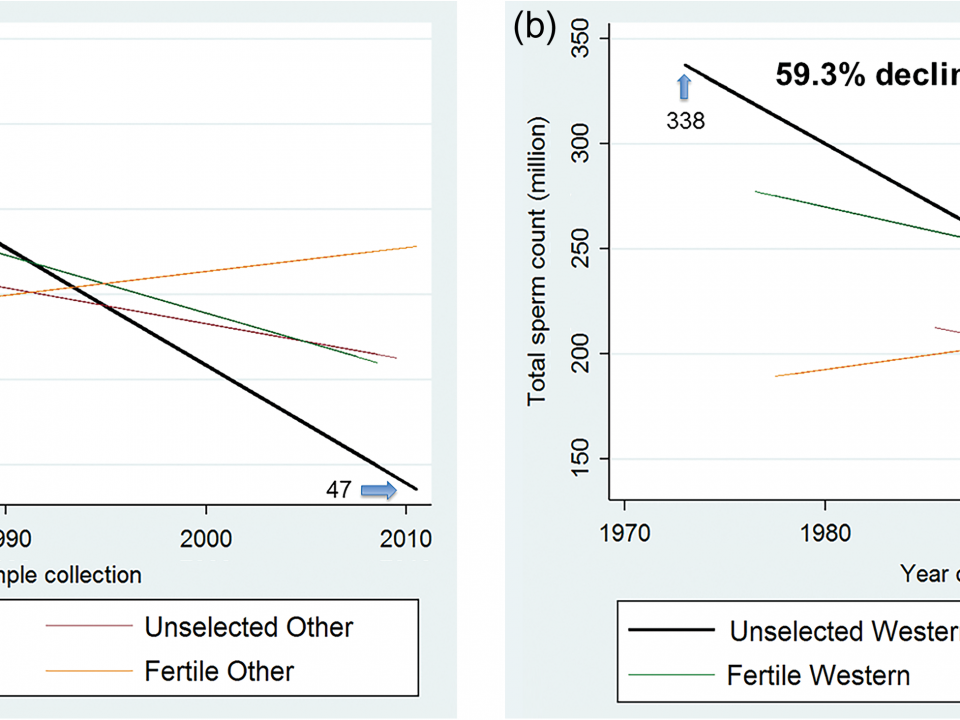From Michael Maes:
Background
Recently, we discovered that depression is accompanied by increased IgM and IgA responses directed against gram negative gut commensals. The aim of this study was to replicate these findings in a larger study group of depressed patients and to examine the associations between the IgA and IgM responses to gut commensals and staging of depression as well as the fatigue and somatic (F&S) symptoms of depression.Methods
We measured serum concentrations of IgM and IgA against the LPS of gram-negative enterobacteria, i.e. Hafnia alvei, Pseudomonas aeruginosa, Morganella morganii, Pseudomonas putida, Citrobacter koseri, and Klebsiella pneumoniae in 112 depressed patients and 28 normal controls. The severity of F&S symptoms was measured using the Fibromyalgia and Chronic Fatigue Syndrome Rating Scale.Results
The prevalences and median values of serum IgM and IgA against LPS of these commensals were significantly higher in depressed patients than in controls. The IgM levels directed against the LPS of these commensal bacteria were significantly higher in patients with chronic depression than in those without. The immune responses directed against LPS were not associated with melancholia or recurrent depression. There was a significant correlation between the IgA response directed against LPS and gastro-intestinal symptoms.Discussion
The results indicate that increased bacterial translocation with immune responses to the LPS of commensal bacteria may play a role in the pathophysiology of depression, particularly chronic depression. Bacterial translocation may a) occur secondary to systemic inflammation in depression and intensify and perpetuate the primary inflammatory response once the commensals are translocated; or b) be a primary trigger factor associated with the onset of depression in some vulnerable individuals. The findings suggest that “translocated” gut commensal bacteria activate immune cells to elicit IgA and IgM responses and that this phenomenon may play a role in the pathophysiology of (chronic) depression by causing progressive amplifications of immune pathways.
This is an indication that it might be possible to treat depression using supplements that treat leaky gut; these include zinc, n-acetylcysteine, probiotics, and whey.









2 Comments
“Leaky Gut Syndrome” seems to enrage the traditional medical establishment. See their very non-neutral point of view in the “Leaky gut syndrome” Wikipedia article. Just based on the tone of the article you’d think the authors were in the ADL raging against Holocaust deniers. But they can’t deny the existence of excessive intestinal permeability, there are even objective tests for it, so they spun off their own separate “Intestinal permeability” (which is just another way of saying “leaky gut”) article so they could distance themselves from, and pound the leaky gut proponents. While I can’t vouch for any specific claims of the leaky gut people, it’s well known that foreign proteins in the bloodstream can and will cause mayhem, especially with chronic exposure, and excessive (ahem) intestinal permeability allows foreign proteins into the bloodstream. So from simple probability the chances are near, if not actually, 100% that chronic excessive intestinal permeability is going to cause inflammation and bad things to happen over time.
I think the medical establishment’s rage is partly due to the fact that, just like with germ theory, the public is way ahead of them, but since this understanding hasn’t come through the proper channels, and isn’t yet blessed by the proper authorities, there’s little they can do about it regarding advising or treating patients, if only for liability reasons. And it’s not likely to come through the proper channels in the near future because it has been denounced and derided by the proper channels.
Bruce, thanks for that very perspicacious comment.